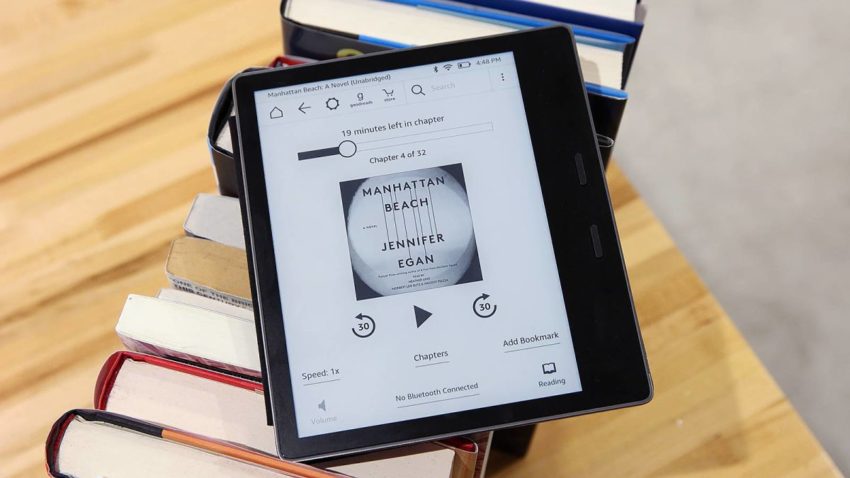
With faculties and libraries closed, a must-own sources of training and leisure had been in the bargain of off. That’s why, in March, the Web Archive began digitizing books and providing them for free without restrictions as piece of its Nationwide Emergency Library program. The country’s finest publishers are essentially suing the Web Archive over the free e-book program, citing copyright infringement.
It would possibly perhaps perhaps perhaps well seem a puny bit tone-deaf to file a copyright infringement lawsuit in federal court a few program providing free books to struggling of us this week of all weeks. However the Affiliation of American Publishers’ member companies, which encompass Hachette E book Neighborhood, HarperCollins Publishers, John Wiley & Sons, and Penguin Random Dwelling, claim that Web Archive is robbing authors and creators of richly deserved earnings by illegally scanning 1.4 million copyrighted works (i.e. no longer books which would possibly perhaps perhaps well be in the public enviornment) and making them on hand for free.
“Nowadays’s criticism illustrates that Web Archive is conducting and promoting copyright infringement on a massive scale,” Maria A. Pallante, president and CEO of the Affiliation of American Publishers, said in a commentary announcing the lawsuit. “In scanning and distributing literary works to which it has no correct or contractual rights, IA intentionally misappropriates the psychological and monetary investments of authors and publishers and openly ignores the copyright regulation that Congress enacted.”
Web Archive founder Brewster Kahle instructed the New York Times that his nonprofit is functioning as a model-of library for the length of the pandemic by making ebooks on hand for free, as libraries invent. (To be obvious, even though bodily libraries are closed in various communities, e-book lending is serene an option for those with library cards.)
“As a library, the Web Archive acquires books and lends them, as libraries own constantly done,” Kahle instructed the Times. “This helps publishing and authors and readers. Publishers suing libraries for lending books, on this case, safe digitized variations, and whereas faculties and libraries are closed, is never any longer in anybody’s pastime.”
G/O Media would possibly perhaps perhaps well unprejudiced receive a fee

Web Archive’s e-book lending program functions otherwise from a public library map’s, on the opposite hand. Libraries work with third parties esteem OverDrive to license e-book copies from publishers with a slew of restrictions—the licenses expire after a definite amount of time, and they additionally fee extra than bodily books invent. E book loans work in an identical vogue to bodily book loans: One replica is made on hand to 1 person for a limited time, then the loan expires and the replica is returned to the library. IA is shopping its own bodily books (or accumulating donated copies) and then scanning them. By its Nationwide Emergency Library Program, the ebooks are on hand to anybody for an massive amount of time.
I reached out to the American Library Affiliation, which has additionally tussled with publishers over e-book lending restrictions, about the lawsuit, and must serene update in the occasion that they release a commentary.
Kahle instructed the Times that authors can opt out of together with their works in the Nationwide Emergency Library, even though it’s unclear if Web Archive makes them responsive to their inclusion ahead of distributing their work in e-book beget. He added that some authors invent desire their books to be piece of the program, nevertheless if this originate letter from the Authors Guild to Kahle is any indication, most of them seem fine mad.
Is now a massive time to file this lawsuit? No. Does it seem esteem Web Archive is going thru the ethical channels to be definite that folks own entry to books and authors are compensated appropriately? No longer so mighty. As constantly, toughen your local library.















